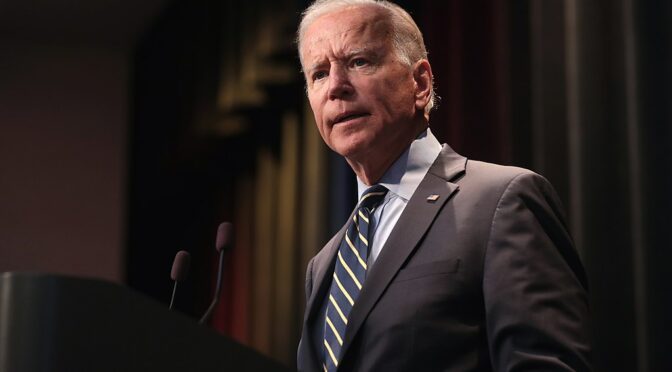Article published by the Gatestone Institute, 2 January 2022. © Richard Kemp
When US President Joe Biden took office, he removed a bust of Winston Churchill from the Oval Office. He should have replaced it with one of Neville Chamberlain. After Chamberlain’s infamous appeasement of Hitler at Munich in 1938, Churchill told him: ‘You were given the choice between war and dishonour. You chose dishonour, and you will have war.’
The first year of Biden’s presidency has been marked by appeasement upon appeasement. Appeasement of Russia, appeasement of Iran, appeasement of jihadists. China also — and we may now be witnessing his most dangerous appeasement so far: helping Beijing cover up the origins of the most consequential harm unleashed on the globe since the Second World War.
Biden inflicted untold damage on the free world by his catastrophic surrender in Afghanistan, demonstrating to America’s enemies and friends alike that, under his administration, the US was no longer willing to stand by its allies nor to protect its own vital national interests.
Biden’s decision to capitulate to the Taliban revealed a failure of one of two key elements of strategic deterrence: credible political will. Failure of the second element, military capability, was exposed by the shambolic and irrational manner of the withdrawal, in which crucial terrain and assets were abandoned first, American citizens and dependents left to their fate and US and allied forces placed at needless risk. Watchers were rightly shocked by such exposure of the most powerful military in the world. Continue reading










